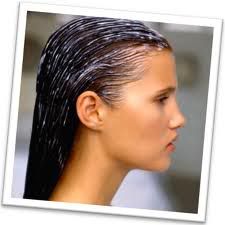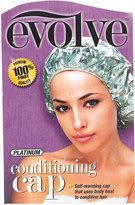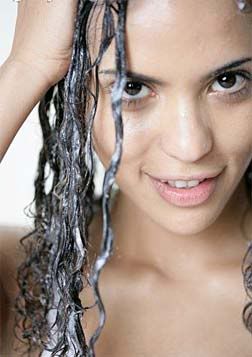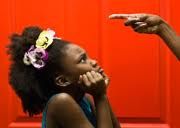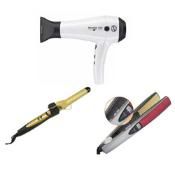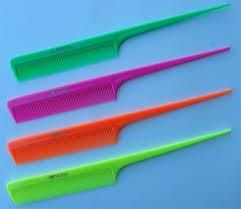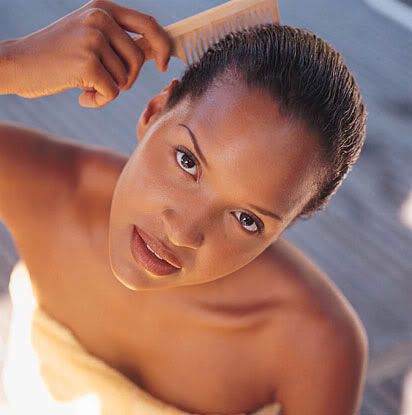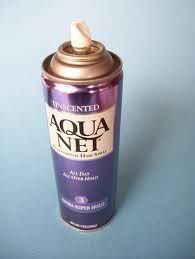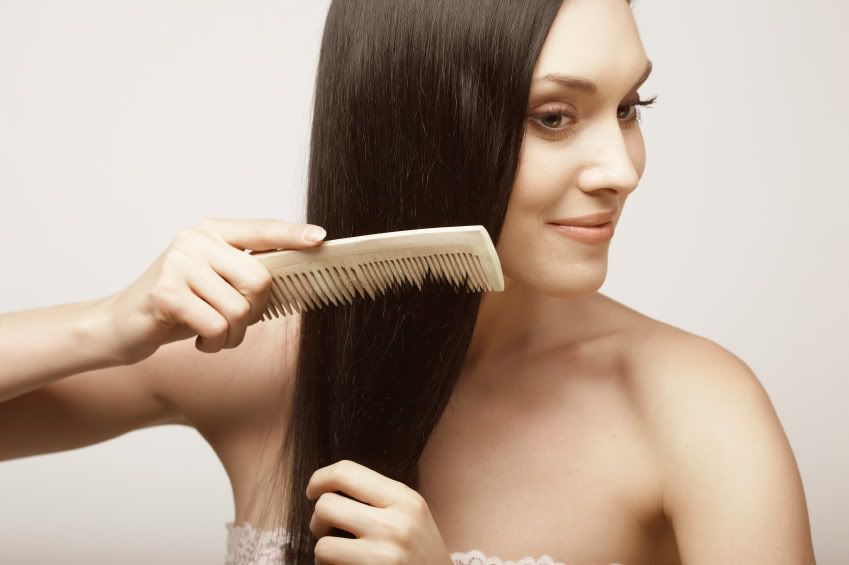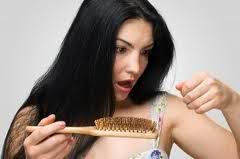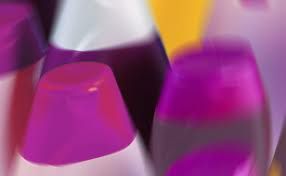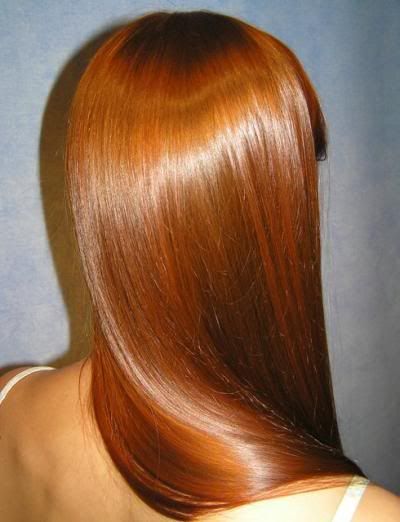Deep conditioning is a key part in maintaining healthy hair. You should take at least one day out of the week, preferably every time you wash to deep condition your hair. Many think this can be time consuming or too tedious, but it doesn't have to be. Many people are also unaware that there is more than one way to deep condition your hair. Here are a few ways you can do it, it's suggested that you try all methods at least once to find the best method for you.
1. Deep conditioning with heat
This is one of the very few times when heat will be helpful to your hair. This is because the heat helps open the hair cuticle, and allows the hair to soak up key nutrients from the conditioner. Make sure your hair is fully saturated with conditioner, so that you may comb it through with ease. When using heat to deep condition, twenty minutes is standard, but if you can go longer, feel free to do so! Make sure you pin your hair up, and cover your hair with a plastic cap or even a plastic bag (not recommended for small children) to ensure that the moisture doesn't escape from your hair. If you are willing to invest a substantial amount of money into your hair, consider purchasing a hair steamer, or hooded hair dryer.
Note: If you don't have a heat source for your hair, you can go to your local Walmart or beauty supply store and get one of these:
Note: If you don't have a heat source for your hair, you can go to your local Walmart or beauty supply store and get one of these:
2. Deep conditioning overnight:
Overnight conditioning is a sure way to make sure your hair is fully conditioned. Simply saturate your hair with deep conditioner, pin your hair up, cover with a plastic cap, and rinse out with cold water the next day.
Note: If your hair feels mushy or flimsy after rinsing, this is not the method for you.
3. Deep conditioning on dry hair:
Deep conditioning on dry hair is can be a time saver, and helps the hair to fully penetrate your deep conditioner. This method is best used along with heat , and cowashing after the deep conditioning process. Simply slather on the deep conditioner in sections on dry hair, gently comb through using your fingers, or detangling comb, let conditioner sit for 30 minutes (preferably with heat), cowash, and rinse with cool water.
Note: Although it may be a bit uncomfortable, it's best to rinse out your deep conditioner with cool water, this help close the hair cuticle, while sealing in the moisture from the deep conditioner. It also adds shine.
Try each method whenever you decide to deep condition and pay close attention to you hair. Which ever method makes your hair feel its softest and smoothest is the best method for you!

